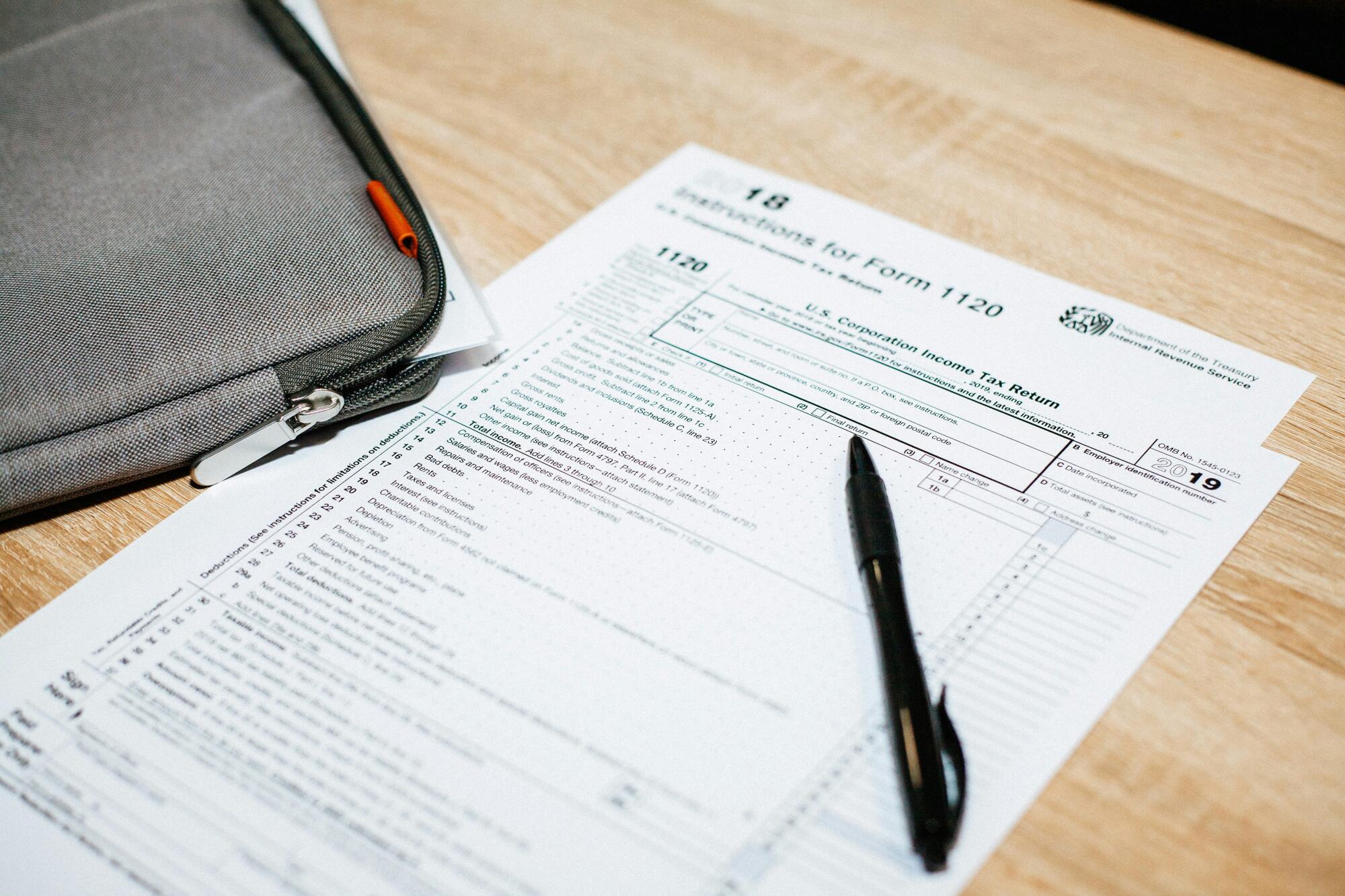Does the idea of taxes form a pit in your stomach?
Regular employees find taxes hard enough, but business owners like rental property managers have lots of other tax hurdles.
How should you handle tax statements and 1099s? Read on for our rental property accounting guide.
Understanding Real Estate Taxes
Real estate taxes are taxes on property, including land and buildings. Property managers must understand how these taxes work.
Each property may have different tax rates depending on its location. Staying updated on these rates is important.
Organizing Financial Documents
Financial documents are key to smooth tax preparation. Throughout the year, keep all receipts, invoices, and statements organized. This includes the following:
- Rental income
- Maintenance costs
- Other expenses
Using digital tools can help. There are many apps and software programs available for tracking expenses and income.
Tracking Property Income
Property income includes all money earned from renting out properties. This is an important part of your financial records.
Make sure to document each payment received from tenants. Also, track any extra income, such as late fees or charges for repairs.
Tax Preparation Tips
How can rental property owners get through tax season? Here are some tips:
Start Early and Use Accounting Software
Begin organizing your documents well before tax season. Software is amazing for tracking income and expenses. It also helps in generating financial reports.
Consult a Tax Professional
A tax professional can provide stellar advice. They can help you get to the bottom of complex tax laws and find deductions.
Stay Updated on Tax Laws
Tax laws change often. Keep informed about new regulations that could affect your rental property business to ensure compliance.
Separate Personal and Business Finances
Keep personal and business expenses separate. This makes it easier to manage your financial documents.
Sending Tax Statements and 1099s to Landlords
The IRS requires property managers to send 1099 forms to landlords. A 1099 form reports income received by the landlord from the property manager. Here's how to do it:
Gather Information
Collect the necessary information from each landlord. This includes their name, SSN or EIN, and address.
Fill Out the Form
Use the information gathered to fill out Form 1099-MISC. This form reports the total income paid to the landlord.
File with the IRS
Send the IRS a copy online or by mail. Be sure to check the filing deadlines.
Send to the Landlord
Provide a copy of the 1099 form to the landlord. This helps them report their income correctly on their tax return.
Important Deadlines
Tax deadlines are crucial. Missing them can result in penalties.
Typically, 1099 forms must be sent to landlords by January 31st. The IRS copy is due by February 28th if filed by mail or March 31st if filed online.
Do You Need Help with IRS Reporting and Accounting?
Dealing with tax statements and 1099s never tends to be simple. Use these rental property accounting tips to get through tax season.
Has running your Fort Walton Beach rental properties been tough? Contact All American Realty to discuss our property management solutions. Our owner has over 24 years of real estate experience.



